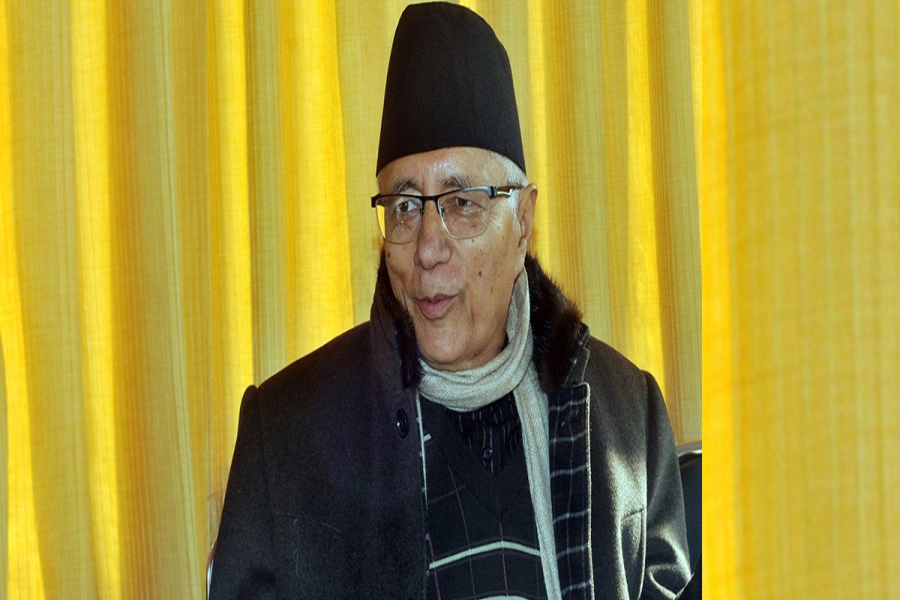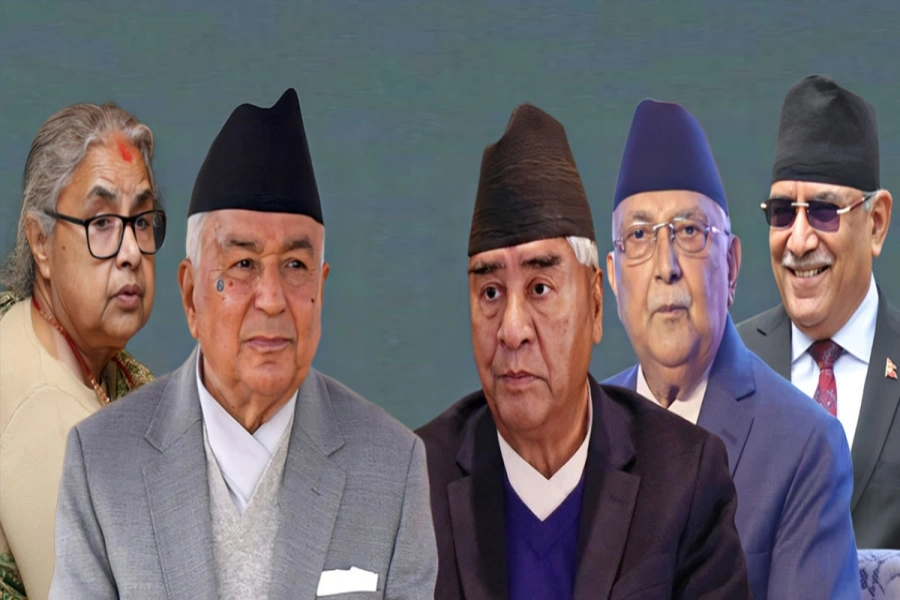KATHMANDU, June 6: While the government talks about promoting foreign direct investment in the country, it has failed to protect intellectual property rights, which is one of the key issues that the foreign investors have been raising for a long time.
According to the Department of Industry (DoI), cases of stealing and misusing the trademark of the foreign brands by the local companies have been on the rise. The DoI, in this regard, said 31 firms have been using the trademarks of foreign brands to sell their products in the domestic market. Most of the firms accused of misusing the trade marks include the businesses related to food and snacks production.
Issuing a public notice, the department has asked the firms concerned to be present with clarification in the next seven days. Earlier, the DoI had sent written notices to the companies seeking proper response, which failed to draw their attention. “The firms concerned will face legal action if they ignore to abide by the law,” the DOI cautioned.
Protect intellectual property rights to attract FDI

The firms blamed for misusing others’ trademarks include Surya Food and Beverages, Fruit Agro Product, Alisha Impex, Nepal Food Processing and Packing Udhyog, Nepal Snack and Food, ANC Event Management, Unilever PLC, Kingswood Colors, Fruit Agro Product, Fashion Sansar.com Pvt Ltd and Heli Thailand Beverage Cans Holding Company, among others.
In two years between mid-April 2020 and mid-April 2022, the DoI recorded around 900 offenses related to trademark infringement, a key form of intellectual property rights violation in Nepal. In the past two decades, the government registered over 2,000 offenses related to copyright issues.
According to the Patent, Design and Trademark Act, 1965, if anyone violates the law, they may be punished with a fine not exceeding Rs 100,000 and articles and goods connected with such offenses will be confiscated on the orders of the department as per the gravity of the offense.
Likewise, the Copyright Act, 2002, states the infringer of any protected right shall be punished with a fine of Rs 10,000 to Rs 100,000 or six months imprisonment or both as per the nature of the infringement. The repetition of the violation will be subjected to double the punishment with the seizure of the unauthorized materials.
The cases of trademark infringement are increasing in the country, mainly due to weak law and weak enforcement of the law. Foreign investors are very particular about intellectual property rights, but the government does not seem to be serious about it, according to industrialists.
In a bid to attract FDI, the government has enacted the Investment Board Act, Industrial Enterprise Act, Anti-Dumping Act, Public Private Partnership and Investment Act and Foreign Investment and Technology Act, among others. But the FDI inflow has been on a declining trend. According to the DoI records, Nepal received the FDI commitment worth Rs 29.74 billion in the first 10 months of the current fiscal year, which was 14 percent less compared to the commitment amount in the same period of last year.
Although there is a growing call for revising a six-decade old Intellectual Property Rights Act, the government has failed to do so till date. Four years ago, the government prepared a draft bill to introduce laws on this matter but it could not get approval from parliament due to various reasons.




































